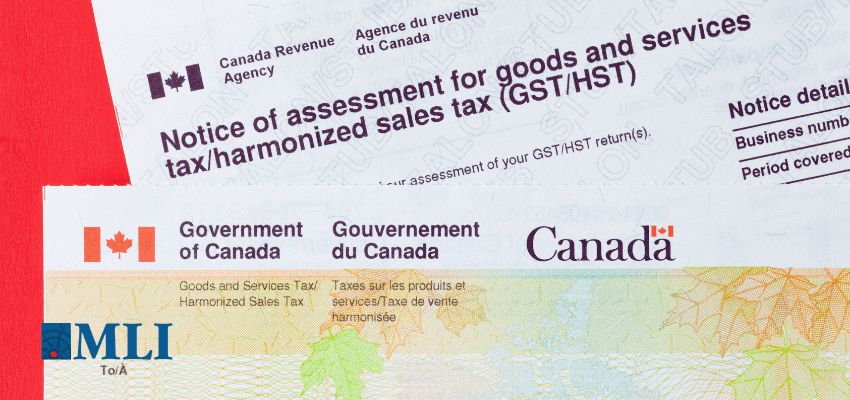This article originally appeared in the Financial Post. Below is an excerpt from the article.
By Philip Cross, July 12, 2024
Conservative Partly Leader Pierre Poilievre recently said that if elected he would appoint a task force to examine tax reform. He said the panel would be composed of “entrepreneurs, inventors, farmers and workers” and would be given the mandate of simplifying and lowering taxes. It is notable that Poilievre would avoid a task force of experts or a Royal Commission, such as the 1966 report headed by Kenneth Carter, to examine the tax system. Taxation is too important to be based on a John Rawlsian thought-experiment as to what an ideal tax regime would look like.
Poilievre has the political savvy and grasp of history to avoid asking the opinions of academics and economists, who inevitably would recommend shifting from income to consumption taxes, such as the GST or carbon taxes. Tax reform has to be based on changes Canadians are willing to tolerate, given that millions of households and firms have made long-term plans about their work and investments shaped by expectations of the taxes they will be compelled to pay.
Past initiatives at overhauling the tax system have proved disastrous to ruling governments, especially when based mainly on theory, without extensive consultation with taxpayers. Canadian history is rife with examples of how tax reform ultimately fails if it does not earn broad public support.
***TO READ THE FULL ARTICLE, VISIT THE FINANCIAL POST HERE***






